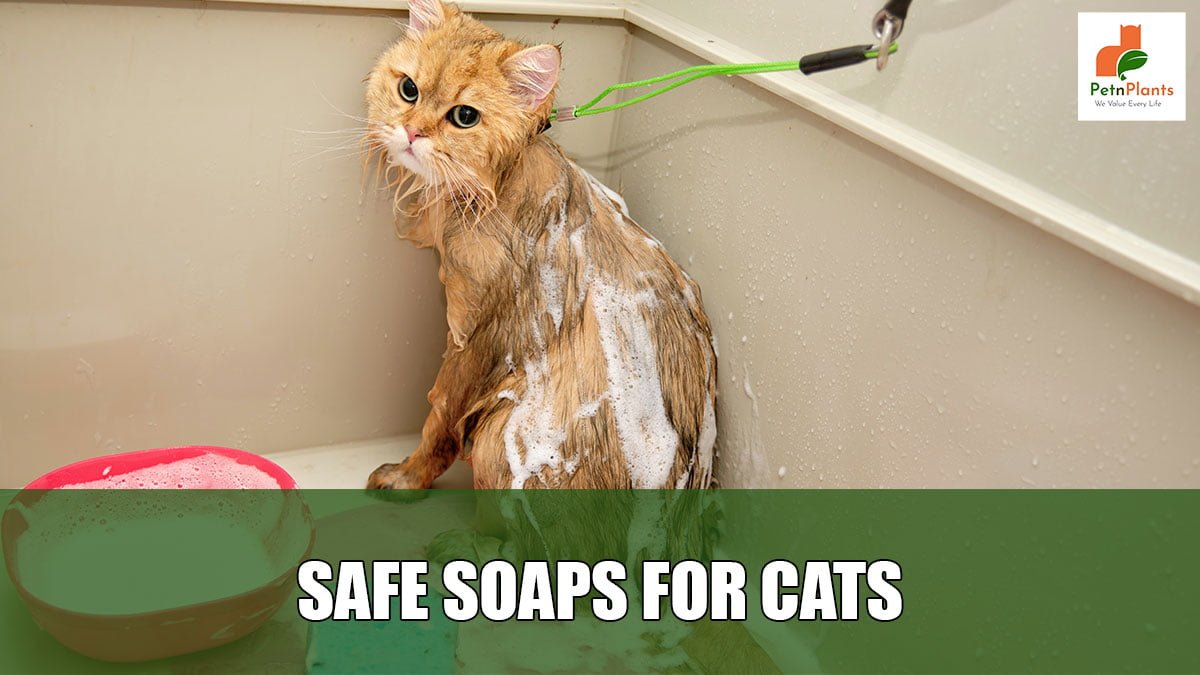How To
Latest
Pet Care
How to Groom Your Dog at Home with the Right Dog Grooming KitMarch 19, 2025
We Value Every Life

Cats are one of the most popular pets in the world, and for a good reason. They’re independent, low-maintenance, and cute as can be. But as any cat owner will tell you, they can also be fickle creatures with very specific needs. One area where this is particularly true is in their grooming habits. Cats are fastidious groomers who need the right products to do the job properly. This is especially true when it comes to soap. The wrong kind of soap can irritate a cat’s skin, cause excessive dryness, or even lead to health problems. So, what’s a cat owner to do? Never fear; we’re here to help.
Soap is a cleansing agent typically made from fat, oil, water, and alkali. It can also be made from other ingredients, like castile soap, which is made from olive oil. Soap breaks up dirt and oils so they can be rinsed away with water.
Most commercially-made soaps contain fragrances, dyes, and other chemicals that can harm cats if they lick their fur after being washed with soap. That’s why it’s important to use a soap that is safe for cats, like Dr. Bronner’s Unscented Baby-Mild Castile Liquid Soap.
Regular soap is not safe for cats as it can strip their fur of natural oils and dry out their skin. However, there are now many specialty soaps made specifically for cats that are gentler on their delicate fur and skin.
How does soap work? Soap is created by combining fats or oils with an alkali, such as lye. The resulting chemical reaction produces what is known as “saponification,” which creates soap molecules that have a “head” (the part that loves water) and a “tail” (the part that loves oil).
When you use soap to wash your hands (or anything else), the head of the soap molecule attaches to the water molecules while the tail attaches to the dirt, oil, or other molecules you are trying to remove. This action breaks the surface tension of the water, allowing it to penetrate and lift away dirt and grime.
While soap is designed to cleanse and disinfect, it can be harsh on the delicate skin of cats. The chemicals in the soap can strip away the natural oils that protect your cat’s skin, leaving it dry, irritated, and vulnerable to infection. In some cases, exposure to soap can cause an allergic reaction in cats. To keep your feline friend safe and healthy, choose a mild, unscented soap specifically designed for animal use.
There are several safe alternatives to soap for cats. One is to use warm water and a washcloth or sponge. You can also use a mild shampoo designed for babies or pets. Be sure to avoid getting any soap in your cat’s eyes, nose, or mouth. Another alternative is to use wipes specifically designed for pets, which usually contain safe ingredients for animals and will not irritate.
If you want to make your cat-safe soap, there are a few things you need to keep in mind:
We hope this article has helped you choose the best soap for your cat. Remember, cats have very sensitive skin, so it’s important to choose a gentle and hypoallergenic soap. You can keep your cat clean and healthy without worrying about adverse reactions with the right soap.
0